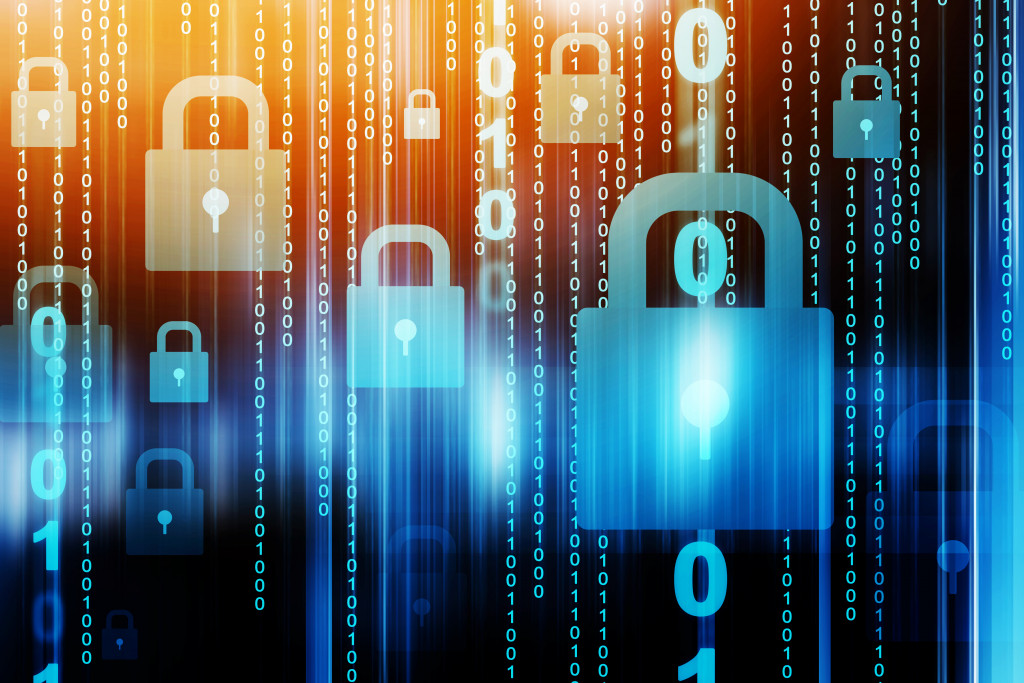Almost every household is connected to the Internet. A strong Internet connection is even more important now because people do so many things online, such as work, school, and shopping.
But the Internet isn’t always a safe place. In 2020, 155.8 million individuals fell victim to data exposure. Parties who acquire sensitive information from the Internet can use it in malicious ways. They can use it to commit cybercrimes, such as identity theft and fraudulent transactions. Or they can illegally sell the information to companies.
And given the many things you do on the Internet while at home, you must ensure that you use the Internet safely to protect yourself and your loved ones. The best cybersecurity measures you can take are usually paid. For instance, you need to pay for antivirus software and a virtual private network.
But there are also free ways to increase to protect yourself online:
Choose Complex Passwords
In the past, most cybersecurity experts recommend that people change their passwords every three months. But in recent years, some experts no longer agree with this tip.
If you must always change their passwords, you will tend to choose simple ones that are easy to remember. Besides, you will have to change it again in a few months. Simple passwords are much easier to decode and compromise the security of their accounts.
This time, you can just stick with one password for each account. But it needs to be complex and strong. You should use a combination of letters (uppercase and lowercase), numbers, and symbols.
You should also avoid using the same password across different accounts and websites. If you’re worried about forgetting passwords, consider keeping an analog record as it’s easier to keep safe than saving a file on their computer or phone.
Keep Your Programs and Apps Updated
Many phone and computer users usually delay updating their software. This process takes a lot of time. So the software updates can interfere with their tasks.
But putting off updates can compromise devices and make them more vulnerable to malicious attacks. People do all kinds of things with their phones. They can use these devices and apps to work, buy essential and non-essential items, and so on. When they want to help a family member in need of financial assistance, they use those to send money online. Any of these tasks involve sharing sensitive information that, if stolen, can cause problems. So if you get software update notifications, make sure to install them as soon as possible to protect your devices and your personal information.

Update Your Privacy Settings in Your Social Media Accounts
Social media services have modifiable privacy settings. You can control who can and cannot see your personal information and your posts. And usually, the default option for each setting isn’t the best way to protect yourself. These settings also get updates.
Thus, you need to check your social media accounts’ privacy settings every few months and update based on your preferences. But make sure that sensitive information that others might use for fraudulent purposes, such as your mother’s maiden name and your full birthday, are not visible to others.
Stay Updated with Recent Schemes
Cybercriminals are getting more and more creative as the years go by. They always come up with new ways to trick people into clicking malicious links or downloading infected files into their devices.
As the adage says, knowledge is power. You need to be aware of the latest phishing schemes so that you know what they look like and be able to avoid them. You can do this by frequently reading the latest news about cybercrimes and cybersecurity.
Be Prepared
People don’t really think they’ll ever experience cybercrimes until it actually happens. Thus, it is always better to be prepared.
You should educate yourself on what to do if you still become a victim even after doing your best to strengthen your cybersecurity. Read up on articles and watch credible videos to learn what you should do for each type of cybercrime that you might encounter.
For example, in case of financial fraud, you should have a record of your banks’ contact numbers so that you can immediately notify your banks of fraudulent transactions in your accounts. Save the Federal Trade Commission’s hotline as well, just in case you need to report identity theft. Lastly, make sure that you have the contact number of your local police.
Cybercrime is not something to take lightly. You can implement many paid solutions, but there are also free strategies you should put in place just to add an extra layer of protection for yourself.

